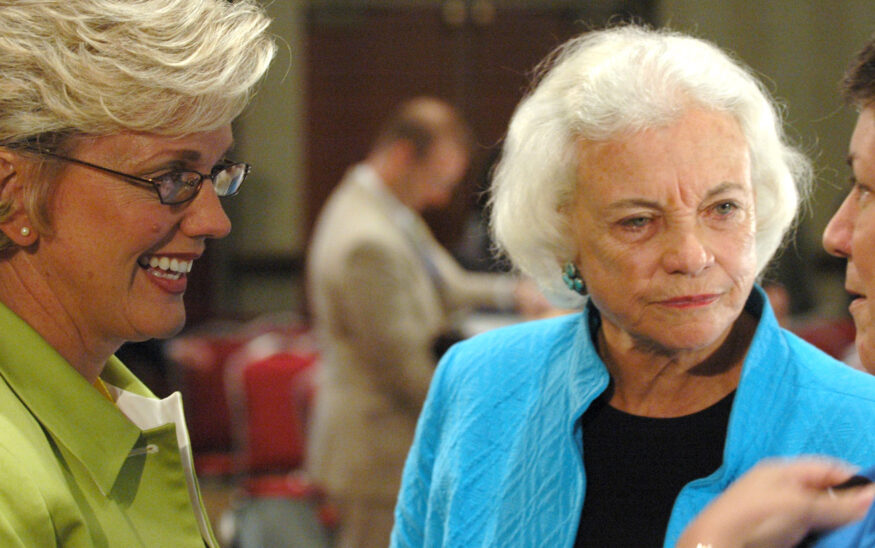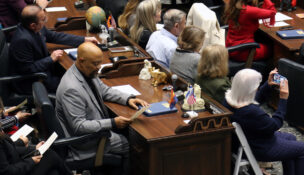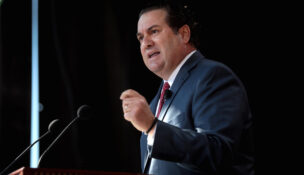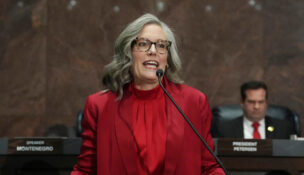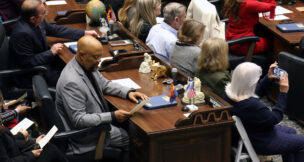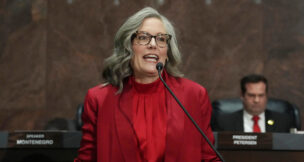O’Connor ambivalent about ERA in speech to ASU women
Hannah Elsmore Arizona Capitol Times//December 7, 2023//
O’Connor ambivalent about ERA in speech to ASU women
Hannah Elsmore Arizona Capitol Times//December 7, 2023//
In a form letter sent in February 1974, Sandra Day O’Connor wrote, “There is a saying that two things are certain – death and taxes. A third certainty is that...
No tags for this post.

